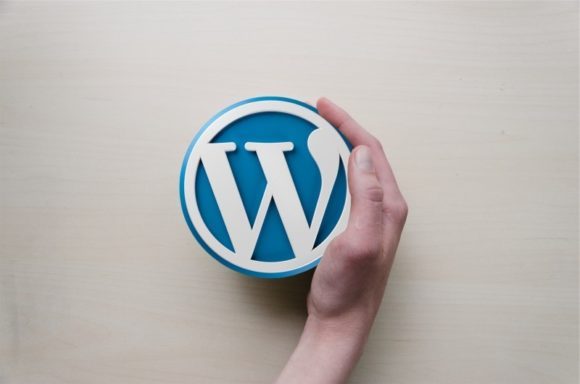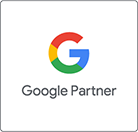The World of WordPress
The world of WordPress is built around a Content Management System (CMS). If you know what a CMS is, you’ll understand the benefits of running your site on one. But, what exactly is WordPress? In simple terms it’s a supportive structure for creation, management, distribution, and publishing of information. WordPress is often considered the top dog in the CMS world.
WordPress started under a General Public License (GPL), and was structured around PHP and MySQL. This is still the case today. The inception of WordPress started as B2/Cafelog, which was developed by Michel Valdrighi in 2001. If it wasn’t for Valdrighi’s disappearance in December of 2002, WordPress may not even exist. Matt Mullenweg decided to create a new platform called WordPress off of the B2/Cafelog code in early 2003. In May of 2003, version 0.7 of WordPress was released. It was directed as a blogging system that simplifies the process for novice users. The released version in June of 2010 made WordPress into an actual CMS, which went beyond the blogging incentive. This allowed users to customize many segments of content types. In 2018 about 29.3% of websites run on the WordPress platform.

Let’s take a dive into what WordPress has become. Media Genesis has many examples of customized websites that have been developed within the WordPress platform. Cranbrook Art Museum was developed with custom code and a variety of robust plugins. This site is set up for event, classes, and tour management. It’s used to manage vast content, forms and an eCommerce store. Trulite is another example of a WordPress CMS. This website is built around a full-width, responsive theme. Allowing for simplistic management of products, locations and files.

Pros of Using WordPress
- The code and template structure allows for custom themes built around your exact needs.
- Search engine optimization can be integrated within custom themes from popular plugins. Google has indicated support for WordPress sites as crawl bots can easily index these sites.
- WordPress has a very large community that improve the structure, styling, and functionality of WordPress, daily. They also keep the community secure from noted vulnerabilities.
- After WordPress is setup, styled, and configured properly, it generally makes content updates simple and efficient compared to other CMS platforms.
- Don’t forget about blogging. WordPress was originally meant for blogging, and still remains a top CMS for simplified blogging.
- Managing users is essential for larger websites. Through WordPress, you can control users, roles and specific permissions.
- Provides an extensive amount of plugins and possibilities for functionality improvements.
Cons of Using WordPress
- Since WordPress is so popular it becomes a central target for hackers. The core and plugins are commonly exploited, and require fairly frequent updates to remain secure.
- Some features like custom post types (content types) may become complex and require some training.
- Scalability often becomes an issue with very large sites.
- WordPress is not built around performance; therefore, extended plugins or coding may be required to improve overall performance.

Key Features and Functionality of WordPress
- Moderating – Keep track of comments, users, roles, permissions, etc.
- Full User System – Allow newsletter users, admins, reviewers, etc.
- Integrated RSS feeds, APIs, and preset plugins.
- Maintaining Stability – WordPress is designed for non-technical maintenance. The large community extensively test core updates prior to release.
- It’s generally simple to import data from multiple platforms.
- Dynamic generation of URLs and overall database structure.
- Drag-and-drop functionality in the backend to allow for easy customization.
- Variety of supported languages, typography, and content editors.
- Access revised version of posts and old content.
- Share a single backend among multiple WordPress sites.
- Easily publish content, pages, and media.
Want to find out more about WordPress or developing your own website? Contact us at 248-687-7888 or email us at inquiry@mediag.com for more information on WordPress and custom builds.


.png)
